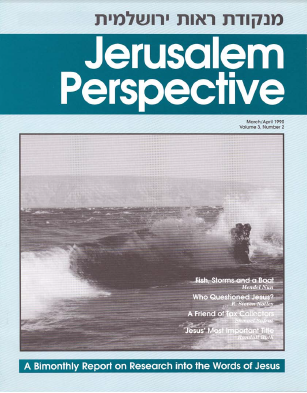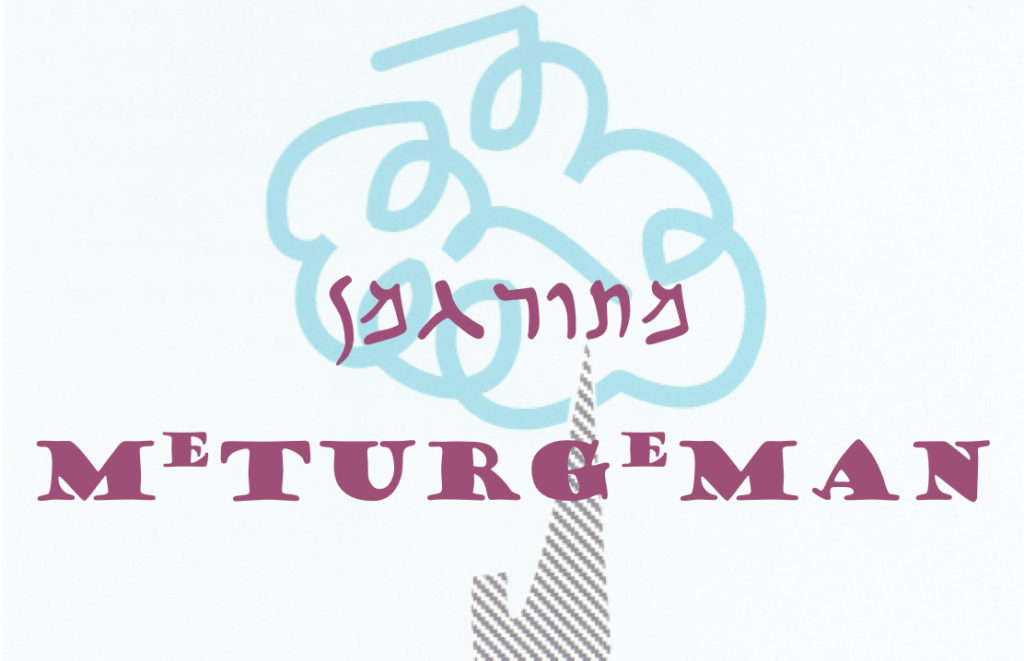How to cite this article: Randall Buth, “‘Son of Man’: Jesus’ Most Important Title,” Jerusalem Perspective 25 (1990): 11-15 [https://www.jerusalemperspective.com/2471/].
מְתֻרְגְּמָן (me⋅tur⋅ge⋅MĀN) is Hebrew for “translator.” The articles in this series illustrate how a knowledge of the Gospels’ Semitic background can provide a deeper understanding of Jesus’ words and influence the translation process. For more articles in this series, click here.
Updated: 9 August 2022

“Son of man” is not only one of the most important phrases in the Bible, it is one of the most misunderstood and disputed. Rooms could be filled with all the books and articles written on this subject.
Translators are not immune to fascination with this phrase, and the meaning of “son of man” is a perennial topic of debate. We are keen to understand it because it is the phrase that Jesus used for himself more than any other. A full understanding of “son of man” reveals what Jesus knew about himself and increases our appreciation of how he communicated his message.
Many Interpretations
There are many interpretations of the meaning of “son of man,” and people bring to the discussion different presuppositions. If I were to ask a “common man in the church” what the Gospels mean by “son of man,” he would probably respond that it refers to the humanity of Jesus. Since “Son of God” is used throughout the New Testament and refers to Jesus’ divinity, then wouldn’t “son of man” be the opposite and refer to Jesus’ humanity? There is nothing wrong with this line of reasoning as far as logic goes, but it is based on insufficient information.
Premium Members and Friends of JP must be signed in to view this content.
If you are not a Premium Member or Friend, please consider registering. Prices start at $5/month if paid annually, with other options for monthly and quarterly and more: Sign Up For Premium





